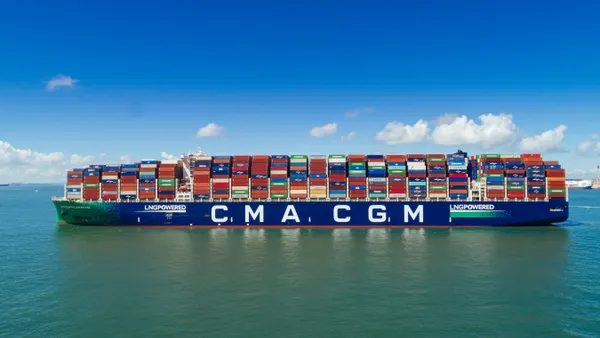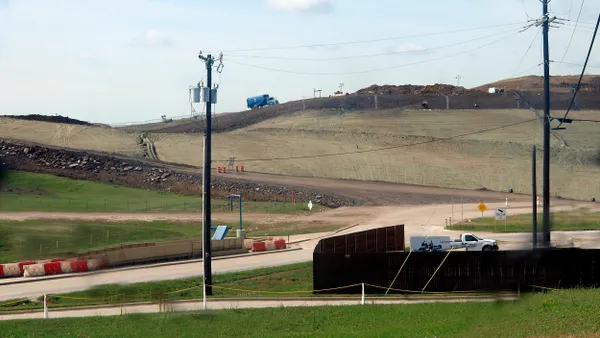Dive Brief:
- The Minnesota Court of Appeals ruled April 8 that the state's Pollution Control Agency (MPCA) can in fact enforce a disposal hierarchy that prioritizes incineration over landfilling in the Twin Cities metro area, as first reported by the Star Tribune.
- Republic Services and Waste Management sued the agency in 2017 after they were fined. The ruling reverses the Dakota County District Court's 2018 decision that MPCA overreached its enforcement authority, but remands the question of a penalty to the lower court "because a genuine issue of material fact remains regarding whether the $20,000 nonforgivable penalty was warranted..."
- This ruling stems from an MPCA administrate penalty order alleging Republic's Pine Bend Landfill accepted 236,001 tons of waste in 2016, while area incinerators were 96,177 tons under-capacity and only 830 tons were certified as "unprocessible."
Dive Insight:
While the court did not decide whether the $20,000 fine was warranted, it should, in theory, empower MPCA to continue enforcing the state's waste hierarchy, which places landfilling as the "least desirable" outcome for generated waste. This parallels the EPA's own national waste hierarchy. The Minnesota policy originates with a 1985 law that went unenforced for decades, until the MPCA was directed to begin exploring compliance in 2012.
Waste Management and Republic, which own the metro region's four major landfills, have pushed back extensively. Aside from the core question of landfills being considered a less-desired option, the companies have questioned the practicality of how turning away trucks at various times based on incinerator capacity would affect daily operations. Minneapolis has an incinerator, owned by Hennepin County, that is centrally-located at the city's downtown area.
Amid this debate, another facility in Great River — the Elk River Resource Recovery Project — closed in late 2018, citing declining feedstock. With other facilities operating at or near capacity, as reported last year, the lifespan of area landfills may now be shortened to an average of six years without expansions. The Elk River facility had seen a steadily decreasing stream of material since around 2013 and previously said it was "dependent" on securing at least 320,000 tons of MSW per year to remain in operation.
A recent report from MPCA shows that, if 2017 conditions continue, the agency expects the total tonnage of waste processed in the metro area to increase through at least 2035. This includes waste processed through incineration and sent to landfill as residual ash. While Hennepin County is pushing for more organics diversion that could reduce some of that need, it's clear that capacity in the Twin Cities region will need to be addressed without a notable reversal of waste generation trends.









